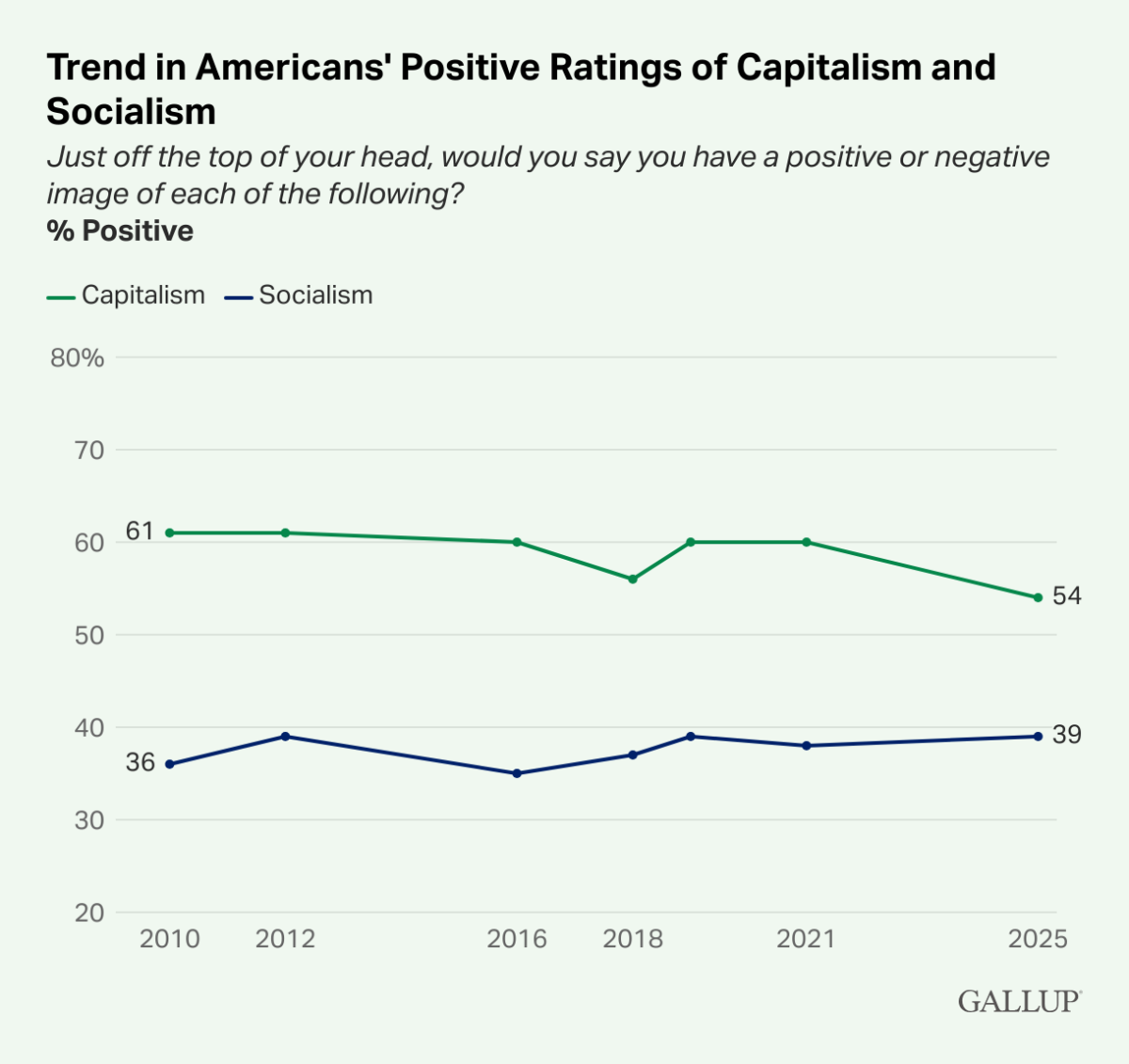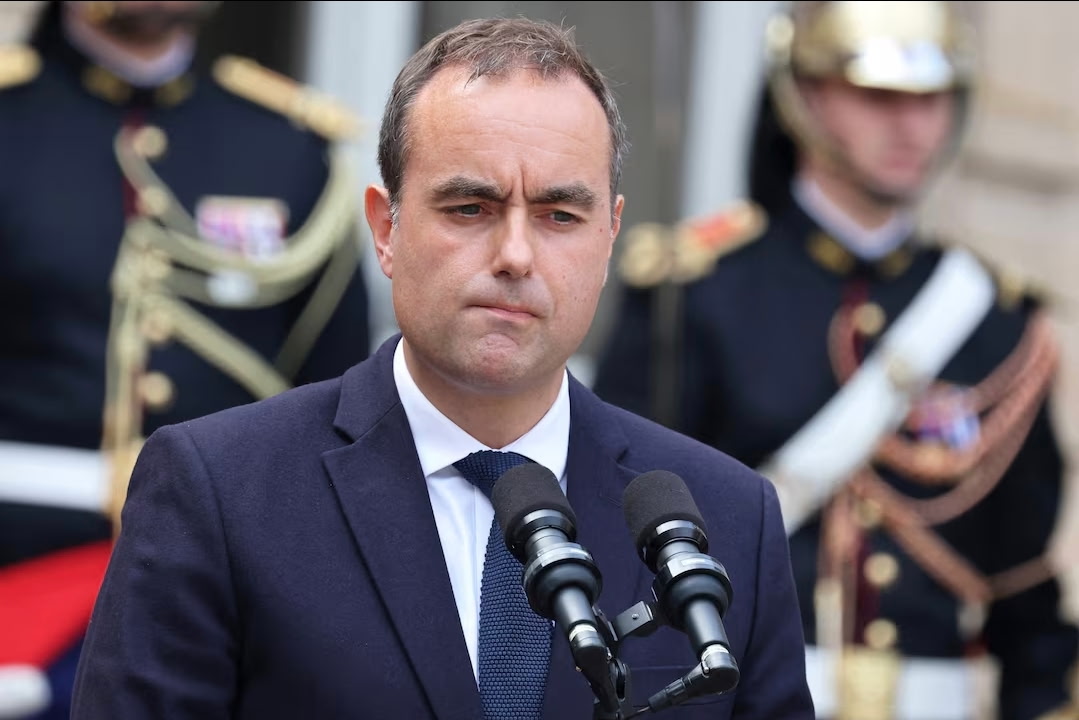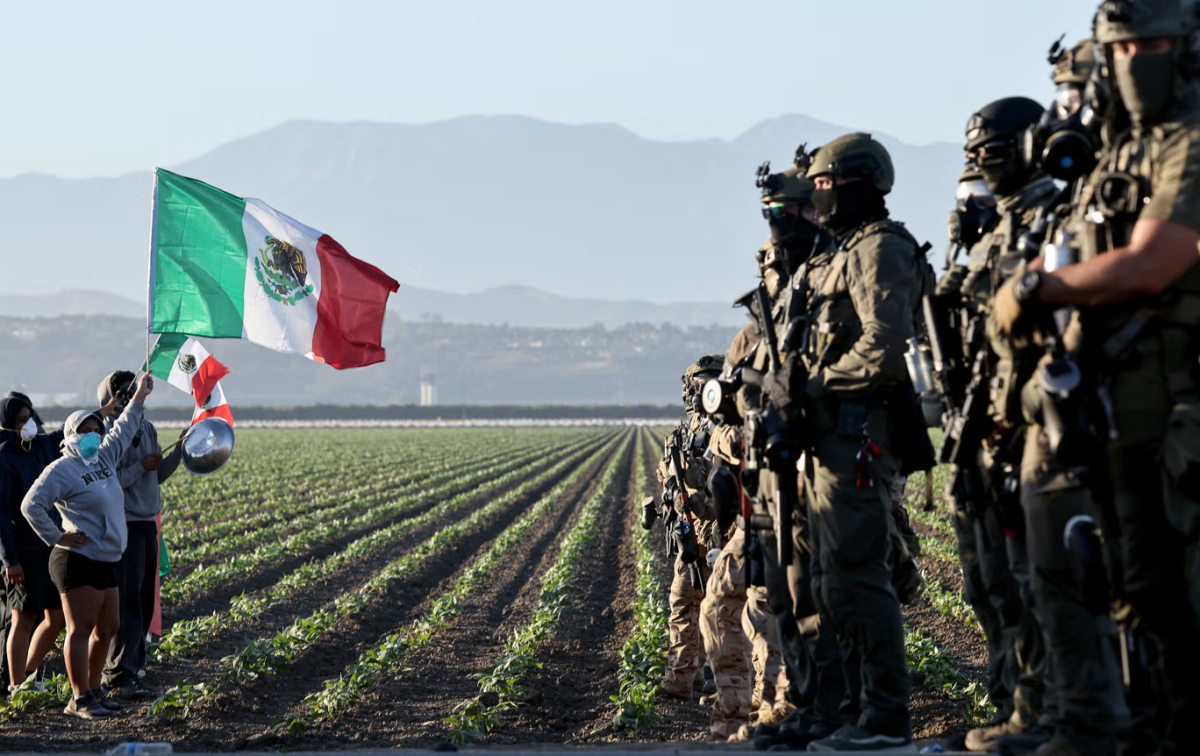On December 4, 2024, UnitedHealthcare CEO Brian Thompson was fatally shot outside a luxury hotel in Manhattan. The perpetrator, described initially as a masked individual, fired multiple shots before fleeing the scene. This attack stunned onlookers and sent shockwaves across the nation, sparking immediate media coverage and public discourse.
What followed was a mass outcry, with reactions flooding in from various quarters. The NYPD quickly launched an extensive investigation, and on December 9th, police arrested 26-year-old Luigi Mangione in Pennsylvania. He was charged with murder as an act of terrorism. While the arrest brought some clarity to the case, the public’s reaction to Mangione’s identity and motives has only deepened the controversy. His trial, currently pending, promises to be as divisive as the event itself.
The media frenzy surrounding the incident played a critical role in shaping public perception of the incident. Most major news outlets initially portrayed Thompson as a tragic victim, focusing on his career, leadership, and the loss felt by his family and colleagues. However, as details about Mangione and the broader societal context emerged, the tone began to shift, especially on social media.
Social media platforms amplified this, with hashtags like #HealthcareReformNow, #BrianThompson, and #JusticeForMangione trending for days. Some users expressed sympathy for Mangione, viewing him as a desperate individual pushed to the edge by frustrations with the healthcare system. Others questioned the fairness of the charges, suggesting that labeling the act as terrorism was an attempt to silence arguments made against powerful corporate interests, especially as similar incidents previously have faced no such charges.
Meanwhile, some critiqued the violence unequivocally, arguing that no grievance with the healthcare industry could justify such an act. Editorials in major newspapers called for restraint and rational discourse, warning against the romanticization of violence as a form of protest. Yet, these voices seemed drowned out by the wave of public anger toward the healthcare industry, which many view as synonymous with exploitation and greed.
Beyond social media, protests erupted in several cities, with demonstrators decrying the perceived injustices of the healthcare system. While these were largely peaceful, they highlighted the depth of public anger and the growing demand for change.
In the corporate world, the incident prompted significant introspection. UnitedHealthcare shareholders proposed a comprehensive report to examine the financial and ethical impact of policies that limit access to care. Other major insurance companies followed suit, announcing initiatives to improve transparency and address patient concerns. These moves, though largely seen as reactive and an attempt to save face, signaled a recognition of the broader implications of the tragedy.
Many politicians and activists seized the moment to advance their own ideals. Some lawmakers renewed their push for universal healthcare, citing the attack as a symptom of a broken system. Activists used the incident to amplify their campaigns, calling for a reimagining of the healthcare model in the United States. The healthcare industry, once viewed as an untouchable monolith, now faces unprecedented scrutiny and demands for accountability.
The death of Brian Thompson has become more than just a tragic event; it has emerged as a catalyst of the ongoing debate over healthcare in America. It underscores the deep-rooted frustrations that millions of Americans feel toward a system they believe prioritizes corporate profits over human lives. While violence is never the answer, the incident has forced a national reckoning with uncomfortable truths about the intersection of healthcare, economics, and morality.
As the trial of Luigi Mangione approaches, the spotlight will certainly return to the motivations behind the attack the systemic issues it has laid bare. Regardless of the trial’s outcome, the death of Brian Thompson will remain a pivotal moment in the national dialogue about healthcare reform, justice, and the price of inequality in modern America.







